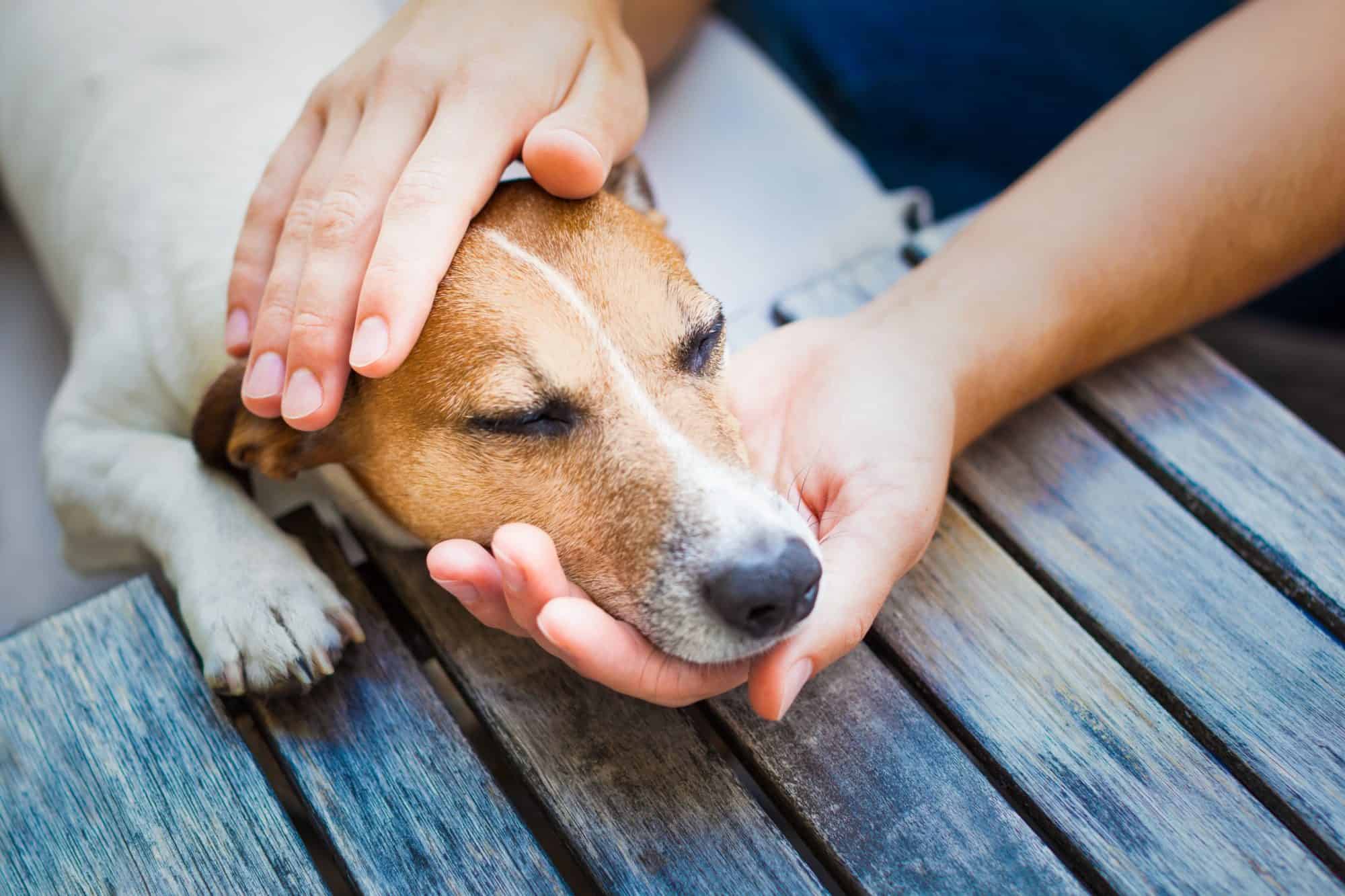
How to Care for Your Small Pet During Their First Ailment?
How to Care for Your Small Pet During Their First Ailment?


Taking care of your small pet when they fall ill is crucial for their well-being. Whether you have a tiny hamster or a petite rabbit, knowing how to provide first aid at home can make a big difference.
Here, we’ll walk you through the steps to care for your small pet during their first ailment, emphasizing the importance and differences between small and large pets. Plus, we will let you know what you might be missing by skipping professional vet treatment in Regina, especially for small pets.
Small pets, like hamsters, rabbits, guinea pigs, and mice, have unique needs compared to larger animals. Their tiny bodies can be more delicate and prone to health issues. That’s why it’s essential to be attentive and proactive when caring for them. They have more sensitive immune systems and need special care when they aren’t well. If you have one you should be aware of the first aid steps you might need to take at the moment if things go out of hand (unfortunately). Instead of waiting for help.
If you notice your small pet showing signs of illness, such as decreased activity, loss of appetite, or unusual behavior, remain calm. Panicking can stress your pet further. So, try to think of solutions to make it feel better rather than making its condition worse.
Keep your sick pet separate from other animals to prevent the spread of illness. Place them in a quiet, warm, and comfortable cage or corner. It’s only for their better health as well as for others because once others catch the germs, they can also get sick in no time.
Check your pet’s symptoms and try to identify the problem. Look for any visible injuries, abnormal behavior, or changes in appetite or bathroom habits.
Offer your pet fresh water and a small amount of their regular food. Keep their cage clean and cozy to promote relaxation and healing.
If your pet’s condition worsens or you’re unsure how to proceed, contact your veterinarian for small pets in Regina immediately for guidance. They can provide specific advice tailored to your pet’s needs. If you do have one and it’s your first time dealing with an ailment in your pet call North Gate Animal Hospital to ensure the best treatment and advice.
After administering first aid at home, it’s essential to evaluate your pet’s condition. A professional veterinarian for small pets can provide expert insight into your pet’s recovery process.
Here’s what our vet in Regina will consider during a performance review of your pet after first aid:
Assess how your pet responded to the first aid measures. Did their symptoms improve, worsen, or remain the same?
Evaluate your pet’s overall health and well-being. Look for any signs of improvement or concerns that may require further attention.
Based on the performance review, your veterinarian may recommend additional steps for ongoing care or follow-up appointments.
At North Gate Animal Hospital, we understand the importance of preventive care, including vaccinations, for all kinds of pets. Our team of professional vets provides high-quality medical treatment services at affordable rates to keep your furry friends healthy and happy.
Remember, being proactive and attentive to your small pet’s needs can make a significant difference in their health and well-being. If you have any questions or concerns, don’t hesitate to reach out to us at North Gate Animal Hospital for expert guidance and support. Your pet’s health is our top priority.